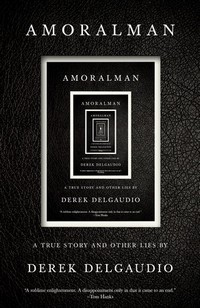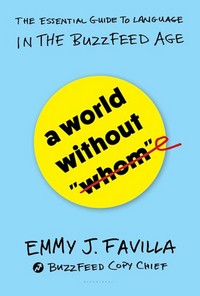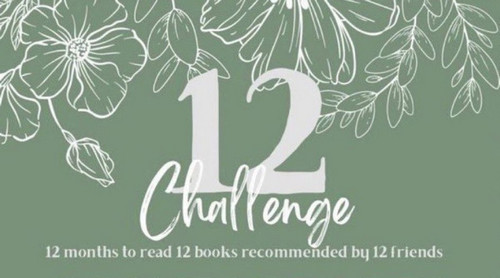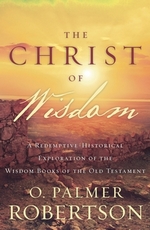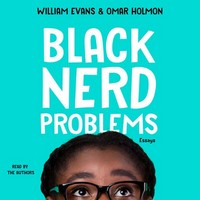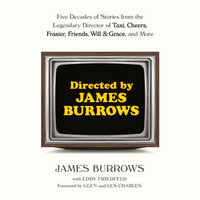 Directed by James Burrows
Directed by James Burrows
Five Decades of Stories
from the Legendary
Director of Taxi,
Cheers, Frasier, Friends,
Will & Grace, and More
by James Burrows, with Eddy Friedfeld; Narrated by James Burrows and Danny Campbell
DETAILS: Publisher: Random House Audio Publication Date: June 6, 2022 Format: Unabridged Audiobook Length: 12 hrs., 18 min. Read Date: September 23-26, 2022

What’s Directed by James Burrows About?
This is largely a professional memoir about the long and storied career of TV director/producer James Burrows.
The book starts with a chapter and a half (or so) describing his childhood, early family life, and so on—talking about his father’s Broadway writing and directing a bit and how that did/didn’t influence his career choices. Then we get about a half-chapter talking about his education/theater work. Which is all a lead-up to his TV career. We get a little more of his personal life sprinkled in throughout the following chapters, but not much—Burrows knows the interest in his own story is in the stories he told—and more importantly—helped others to tell. That’s where the focus of the book is—he’s giving the people what they want.
And it feels like a pretty a fairly exhaustive tale of the various shows he worked on and his involvement in them, with an occasional interlude to talk about something like screwball comedy and why one would use it, with some examples from his own career. There’s no way it can be exhaustive—and it sure isn’t detailed by any means*—he’s got too much under his belt, but he comes close.
* That’s a description, not a criticism. Burrows gives plenty of details, but not blow-by-blow kind of stuff too often.
He starts with a discussion of his time on The Mary Tyler Moore Show where he learned from some of the best around how to do what he does—and a lot about comedy. Then he moves on to where he becomes a driving influence on the show—and that’s the majority of the book. Which is what’s named in the subtitle: Taxi, Cheers, Frasier, Friends, Will & Grace. There’s plenty covered in the “and More” for sure—including many things I hadn’t realized he’d worked on (but make a lot of sense knowing that he did). The book does cover what he did in 2020 and 2021, so it’s about as up-to-date as you could want.
The stories of these shows include a lot of how they came about in terms of writers and networks and what kind of story they were going to tell before moving into casting, shooting the early episodes, audience reception, and success. The bulk of the material is behind-the-scenes, but there are a lot of descriptions of what ends up on-screen (including short-to-lengthy portions of the script), and how it landed. Most of his work is done with a live studio audience, so the immediate audience reception is almost more important than the TV audience’s.
There are stories of failure, things not working out quite right—and how he/the show recovered—either immediately or long-term. But almost all of the book is about the successes (why give more than a few sentences, for example, to a pilot episode that less than 100 people have seen/will see?)
The Narration
Burrows has some performing in his background, but not a lot. And that’s pretty evident in the narration here. He’s just not that good—there’s very little feeling in it—even when he’s telling a story he clearly (and correctly ) thinks is funny, you don’t hear it. When it’s an emotional moment for him, you don’t hear it. His affect is pretty much the same no matter what he’s talking about, and that really hurts the book.
Also, when he’s reading dialogue from a scene? You wonder how an actor will listen to him and come up with a good way to deliver a line. That feels harsh to say, but that’s the way it struck me. I think here it’s a deliberate choice—my gut tells me it’s a desire not to try to do an impression of an actor (especially one that would come across as unflattering) or he could be avoiding trying to give a different/competing take on the line. I don’t know—it comes across as flat, and these lines shouldn’t.*
* See We Had a Little Real Estate Problem for where a similar approach to narration worked better.
I know Burrows can tell a good story—I’ve heard and seen him interviewed. But here, he just comes across as wooden.
So, what did I think about Directed by James Burrows?
It’s clear to readers of this blog that I read a lot, but I could’ve easily done a TV-watching blog—and started one about the same time as this (but that’s another story). James Burrows is one of the first non-actors whose name I recognized as creating the TV I watched back in elementary school, and his involvement in a show will definitely get me to watch at least an episode or two if I’m at all interested in the premise. I’m the target audience for this book, no doubt.
The material overcame the narration—the first chapter and a half were really rough, I couldn’t connect with it at all, and was thinking about giving up. But once he moved into TV, I got over the fact that I didn’t care for the narration and had a blast with the book. The man has many insights, anecdotes, and memories that TV fans will eat up, and shares many of them.
Directed by James Burrows is full of trivia, insights, and just great stories. If not hampered by the narration, I’d be gushing about this. Instead, I’m just giving a hearty recommendation. TV junkies? You’re going to want to get your hands on this one.

This post contains an affiliate link. If you purchase from it, I will get a small commission at no additional cost to you. As always, the opinions expressed are my own.
![]()



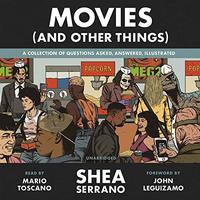
 Who’s the better tough guy movie dog owner? (Will Smith in Legend, Tom Hardy in The Drop, or Keanu Reeves in John Wick?)
Who’s the better tough guy movie dog owner? (Will Smith in Legend, Tom Hardy in The Drop, or Keanu Reeves in John Wick?)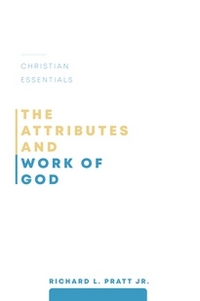


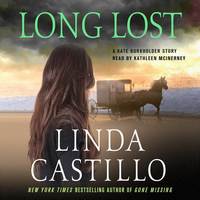



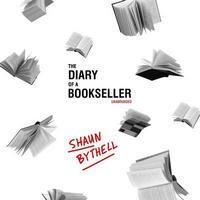
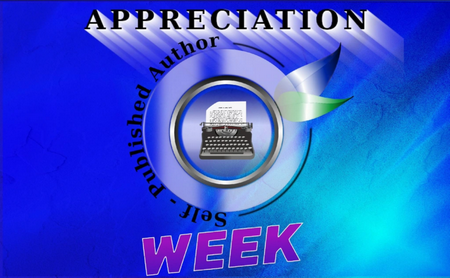

 Grab a book, any book.
Grab a book, any book.